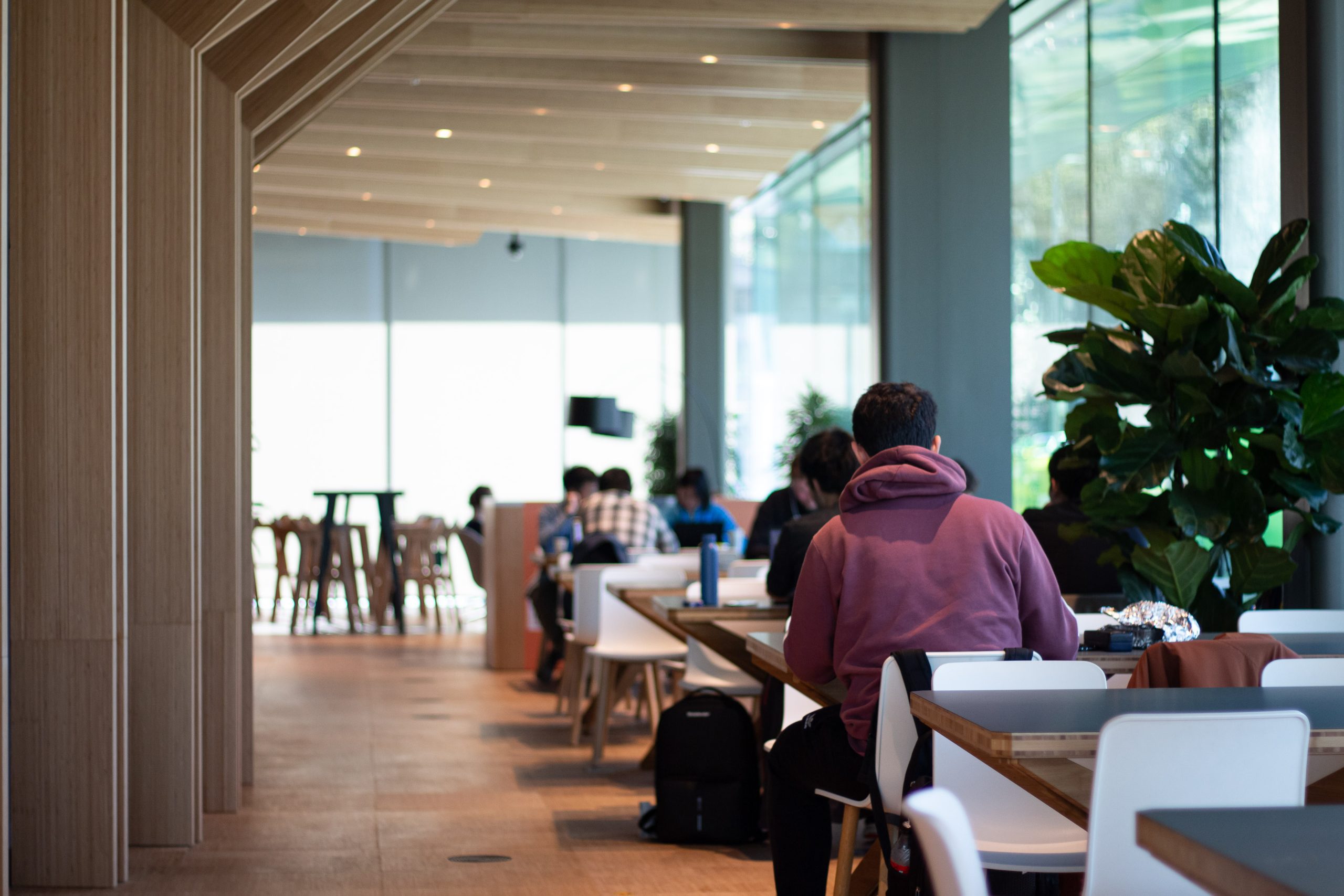In September, employees of Dutch universities will get a salary increase of 3.7 percent and a one-off payment of 300 euros. In January, salaries will be increased by another one percent. Social safety will also be improved. What do the local TU Delft unions think about this?
(Photo: Justyna Botor)
In spite of the cutbacks announced by the new government and declining student numbers, the universities united in the Universities of the Netherlands want to keep defending the interests of their employees. “With this responsible salary agreement, employers and unions send the signal that they wish to work together to address the problems facing our sector.”
Inflation
The education and research chapter of the Dutch Federation of Trade Unions (FNV) is satisfied with the negotiation agreement as well. “After the considerable salary increase in the current collective agreement, we’ve more than compensated the inflation of recent years with this salary increase”, says administrator Bernard Koekoek.
As the salary structure will be revised until and including scale 7, he expects a teaching assistant or receptionist can expect a salary increase of up to 200 euros.
Unwillingness
It was only last week that the FNV accused university administrators of administrative unwillingness because they were taking too few steps in improving social safety at universities. One week later, the air seems to have cleared.
The new draft agreement says that there will be one central reporting point for social safety at every university. Confidentiality provisions can also no longer be used to forbid employees to report transgressive behaviour. On top of this, the position of the ombudsperson will be reinforced.
Workload
Furthermore, agreements have been made to tackle the high workload. Amongst other things, these are on scheduling breaks and on a realistic job scope for teachers. Particularly part-timers currently tend to work too many hours.
The negotiation agreement still needs to be approved by the support base of the unions and the separate universities. The term of the new collective agreement is 1 July 2024 through 30 June 2025.
In higher professional education, an agreement was also recently reached on a new collective agreement with a term of a year and a half. This includes a salary increase in two steps, of 7 percent.
TU Delft local unions
The Chairman of the local TU Delft unions, Fred Veer, was second negotiator on behalf of the CNV union. He is satisfied with the outcome of the negotiations, he says. “It was very tough negotiations, but the result in itself is good for the employees.”
He thinks UNL has a ‘clear focus on social safety’. He points out that specific measures need to be taken at the universities themselves. “We are still getting new reports of social unsafety and there is still a culture of fear in terms of reports. So we see no results at the moment in terms of the measures taken by the Executive Board.”
Veer therefore stands by his earlier request to TU Delft for a baseline measurement, an independent and external helpline for victims and assessments to identify perpetrators (‘persons A’, in his words) ‘and prevent them from creating more victims’. “These are simple measures that can be taken quickly and can achieve quick results.”
HOP, Hein Cuppen/Delta, Saskia Bonger
Translation: Taalcentrum-VU
- Want to know more about the Education Inspectorate’s report and everything related to it? Then check out Delta’s dossier on the matter.
Do you have a question or comment about this article?
redactie@hogeronderwijspersbureau.nl


Comments are closed.